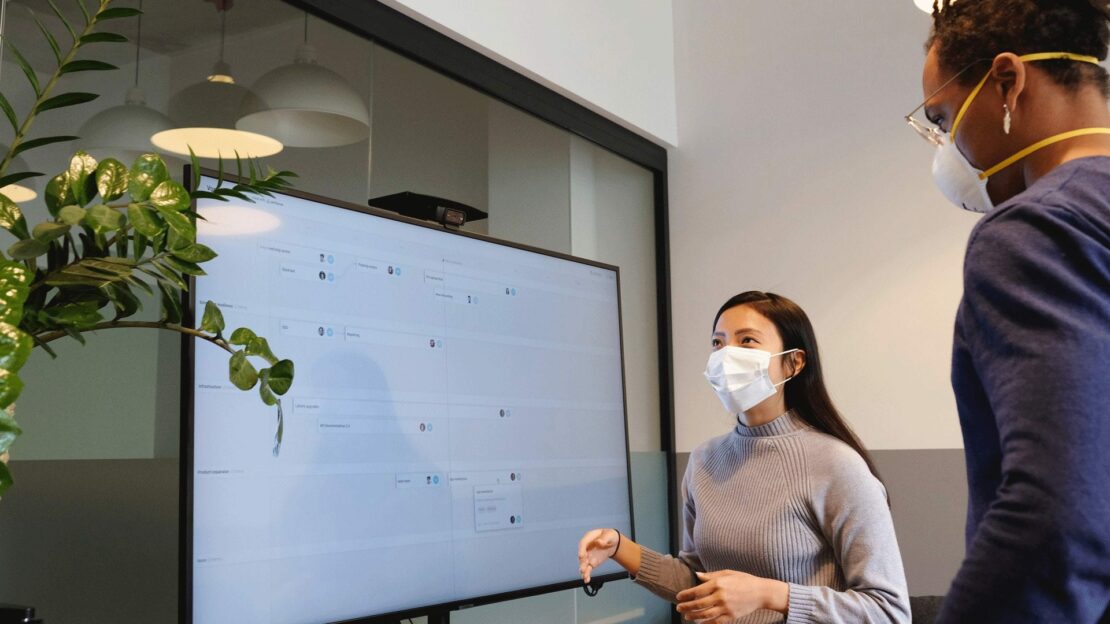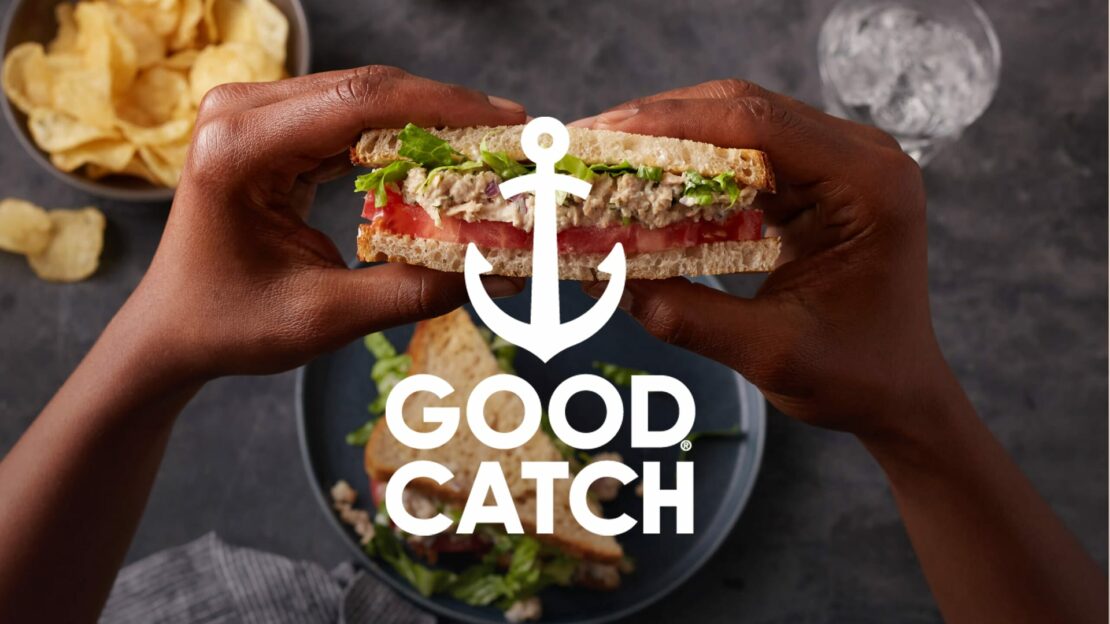Four lessons from a second COVID-dominated year in health
octubre 6th, 2023
As COVID-19 looks to dominate governments’ policies and health budgets deep into 2022, what lessons have we learned from a second pandemic-affected year? And what do these lessons tell us of our future health landscape?
Earlier in 2021, I wrote a blog post in which I envisaged what post-pandemic work and health culture would look like. Nearly a year on, we’re still waiting for the post-pandemic world, but this year has been an incredible year for health professionals worldwide, with more than half of the world’s adults having received at least one vaccination against COVID-19.
While this is great news for most of us, much of the developing world still does not enjoy the same access to vaccines. Just as we appeared to be getting on top of the Delta variant, Omicron emerged in Southern Africa, possibly because in part of a lack of vaccine availability.
Which brings me to my first lesson:
1) Global challenges require global solutions
We have seen governments take something of a unilateral approach to COVID-19 policy, even within the European Union (EU). For future pandemics, national governments, international health bodies and the pharmaceutical sector must work together to ensure a fair and uniform solution to suppress the spread.
2) Faith in pharma has grown – but varies around the world
The effectiveness of vaccines has been proven in reducing hospitalisation and death rates dramatically among the infected. A by-product of the international fightback against COVID-19 in 2021 has been the enhanced reputation of the pharmaceutical sector.
As Grayling’s own research of 3,000 adults worldwide found in mid-2021, nearly half (49%) of those surveyed view the pharmaceutical industry more positively now than before the pandemic. Our study also found that people are more aware now of what the pharma industry does and its leading brands.
3) People are more comfortable sharing their health data
As of September 2021, more than 16 million people in the UK had downloaded the NHS App. As I wrote earlier this year, I believe people are becoming more confident in sharing their health data, so long as it is used carefully and for their benefit and for wider societal good. With the prospect of needing to prove vaccination and booster history to enter venues and travel internationally, I fully expect take-up to continue apace throughout 2022.
4) Communication must be clear and consistent, but with scope to be flexible
For me, the best communicators during the ongoing COVID-19 pandemic have been healthcare professionals. We saw that when the Government kept the message simple, for example ‘Hands. Face. Space’ it was generally understood and likely to lead to high compliance. When messages became more nuanced, or indeed were undermined by other external factors, it was harder to maintain a consistent narrative. For many people some of the standout communicators this year were our medics and public health experts, including England’s deputy Chief Medical Officer Jonathan Van-Tam, whom PR Week listed as one of the year’s top UK communicators.
In recent weeks especially we have seen the importance of leading by example. Chief Medical Officer Professor Chris Whitty’s reference this week to the work he would himself be doing this Christmas in hospitals, as he did last year, was both authentic and inspiring. For more, read this post on effective communicating during the pandemic by my Grayling colleagues in New York.
Conclusion
The healthcare sector, which has shown so much resilience and adaptability over the last couple of years, must remain flexible to meet fast-evolving challenges. It’s done an incredible job so far, but it’s key that we don’t forget that the world faces many other health challenges outside of COVID-19.
As we have also covered this year, the keys to tackling any public health challenges are to educate, tell human stories and tailor approaches for the local context. These three pillars provide health sector communicators with a strong platform to get their message across.
As we all wish for a more positive 2022, it’s essential we learn from the lessons of what goes before so we can build a stronger, healthier future together.
By Kathryn Ager, Head of Health, Grayling
Get in touch with Kathryn for more information or if you’d like us to help you find ways to create advantage.


